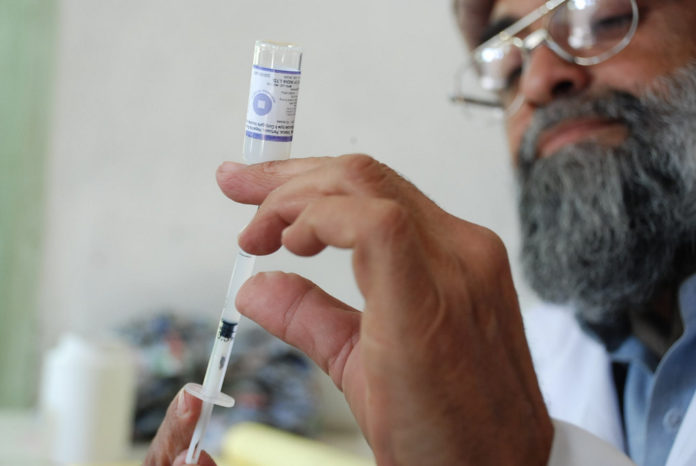Injectable contraceptives were introduced by the government of India in 2017 and are currently available free of cost in government medical colleges and hospitals
One year after they were introduced in the government system free of cost, injectable contraceptives have caught on in even the remotest parts of India. Health ministry sources say since November 2017 when the injections reached medical colleges and hospitals across the country, 4.5 lakh units have been administered.
A total of 46265 women have been administered the first dose of the injection under the “Antara” programme, 22980 have been administered second dose, 7297 third dose and 12275 were administered the fourth dose of the injection. One injection keeps a woman from getting pregnant for three months so all women who have been administered four doses in the last one year have successfully warded off pregnancy the entire year. Female sterilisation is the preferred mode of family planning in India, show data from the National Family Health Surveys, despite the fact that it is the most risky option. Condom use is a dismal 5.6%.
THAT IS ALSO THE REASON WHY THE GOVERNMENT OF INDIA CONSCIOUSLY DECIDED TO DO AWAY WITH ANY REQUIREMENT OF HUSBAND’S CONSENT FOR ADMINISTRATION OF THE DRUG
Injectable contraceptives are medically known as Deoxymedroxy progesterone acetate (DMPA). They prevent pregnancy by stopping ovulation, which is the release of an egg from the ovary. It does this by blocking the rush of Luteinising Hormone (LH) that causes ovulation. Without ovulation, the egg and sperm cannot meet to form a zygote, whose possible implantation makes a woman pregnant. The drug also makes the processes of fertilisation and implantation more difficult. Even after expiry of the three month period, there is a window of three weeks so that the woman does not have to rush to take the next shot.
Explains a senior health ministry official: “In family planning we have stopped talking about population control as such. Our focus now is on spacing. If a woman gets married early she has to prove her fertility to her in -laws so she will probably have a baby in the first year and then onwards without any birth control it will just be an unending saga. Injectable contraceptives empower women because is a hassle free means for them to take control of their own bodies.”
That is also the reason why the government of India consciously decided to do away with any requirement of husband’s consent for administration of the drug, health ministry sources say.
The decision to introduce DMPA in the national programme was taken in 2016 but the actual rollout happened only in 2017.


